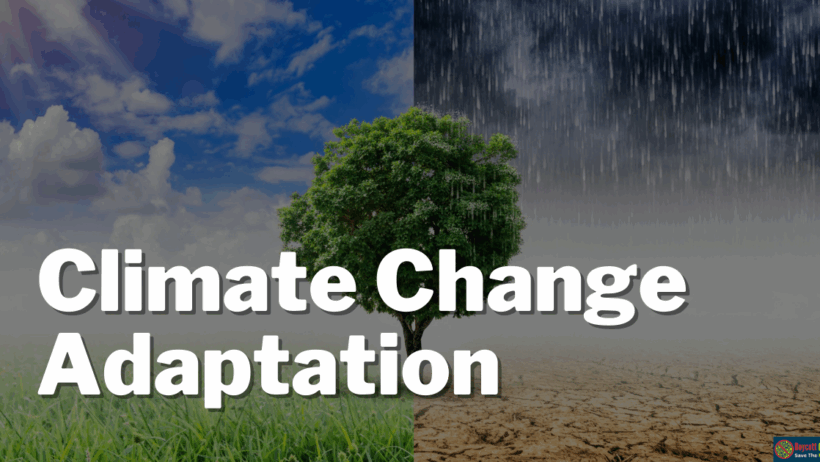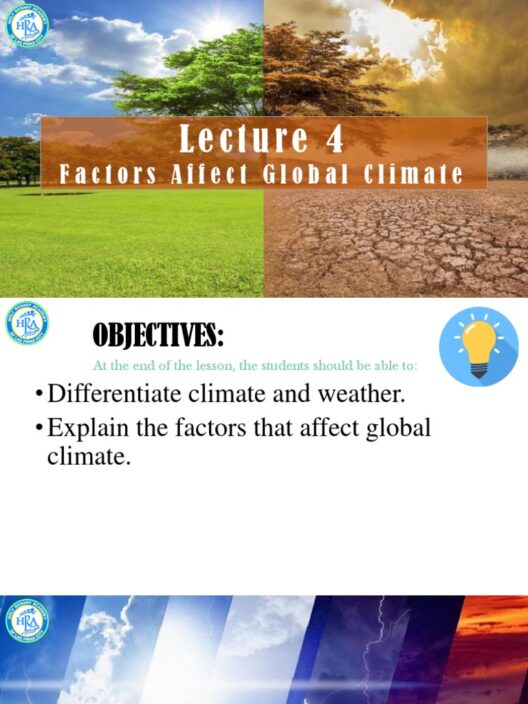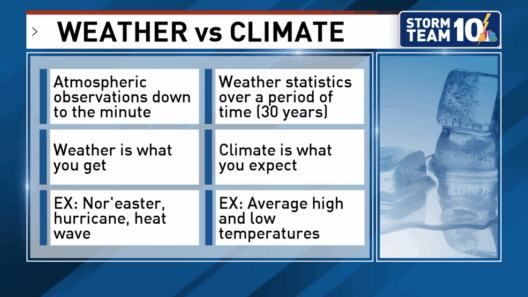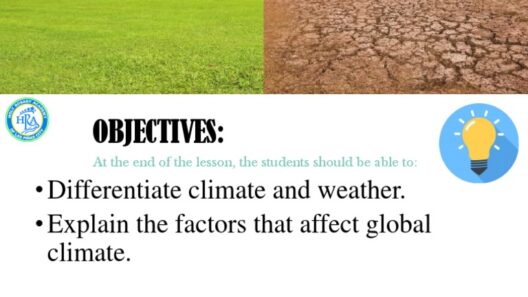As the looming specter of climate change continues to invade our lives, it becomes increasingly crucial to explore robust strategies for combatting this ecological crisis. Embracing a multifaceted approach not only empowers individuals but also cultivates a collective consciousness aimed at fostering sustainability and environmental resilience. The following guide elucidates actionable methodologies, innovative tactics, and deliberate lifestyle adjustments essential for navigating the complexities of climate change.
Being well-informed is the first step towards instigating constructive change. To effectively combat climate change, one must delve into the underlying science, societal implications, and holistic interventions that can lead to impactful alterations in behavior and policy.
In this guide, we dissect the core components of environmental engagement, sharpen our acumen, and redirect our priorities towards a sustainable future.
Recognizing Your Carbon Footprint
To meaningfully address climate change, understanding your individual carbon footprint is indispensable. A carbon footprint measures the total greenhouse gases emitted directly and indirectly by your activities, quantified in carbon dioxide equivalent (CO2e).
Step one requires an honest assessment of your lifestyle choices, ranging from transportation methods and energy consumption to dietary habits. Numerous online tools and calculators can facilitate this evaluation, revealing the areas most ripe for reduction.
Once awareness is achieved, focus on specific strategies for mitigating your carbon output. Transitioning to renewable energy sources, such as solar or wind power, can dramatically diminish household emissions. Additionally, embracing a plant-based diet has been shown to significantly lower individual carbon footprints. By reducing the consumption of animal products, individuals can contribute to alleviating the substantial methane emissions associated with livestock farming.
Finally, considering sustainable transport options—such as biking, walking, or utilizing public transportation—can also yield positive results, not only reducing greenhouse gas emissions but also enhancing personal health and community well-being.
The Power of Community Engagement
Climate change is not solely an individual journey; collective action amplifies impact. Therefore, fostering community engagement is essential to creating a robust anti-climate-change movement.
Start by involving your local organizations. Participate in initiatives such as tree planting, community gardens, and clean-up drives. These grassroots movements create a palpable connection among participants, generating not only environmental benefits but also reinforcing social ties.
Moreover, utilizing social media platforms can bolster awareness and spark dialogues. Campaigns sharing enlightening data or showcasing local efforts yield greater outreach, inspiring others to join the cause. Consider hosting informational sessions to enlighten community members about climate science and the tangible actions they can undertake.
Collaboration with local government can further bear fruit. Advocate for policies targeting renewable energy incentives, waste reduction initiatives, and sustainable urban planning. Engaging stakeholders at various levels, from local leaders to national representatives, establishes a synergistic approach to climate action.
Innovation and Technology in Climate Solutions
In the digital age, technology provides transformative solutions for combating climate change. Innovations such as carbon capture and storage (CCS) technologies aim to minimize the release of carbon emissions from power plants and industrial facilities. Similarly, smart grid technologies promote energy efficiency by optimizing electricity distribution.
Embracing electric vehicles (EVs) can drastically curtail emissions from the transportation sector. As charging infrastructure expands and battery technology improves, the shift towards this mode of transport becomes increasingly attainable for the average consumer.
Additionally, leveraging artificial intelligence and big data analytics can enhance predictive modeling for climate-related phenomena, guiding urban development and disaster preparedness strategies. Consequently, technology not only presents novel solutions but also empowers us to make informed decisions based on comprehensive data.
Transformative Practices for Everyday Life
Consider the undeniable power of personal choices in your daily routine. Implementing small yet effective changes can yield cumulative benefits toward mitigating climate change. For instance, reducing water waste, opting for energy-efficient appliances, and choosing eco-friendly products can collectively make a significant impact.
Embrace minimalism by curtailing unnecessary consumption. The philosophy of “buy less, choose wisely” promotes sustainability and reduces demand for resource-intensive manufacturing. Decluttering is not merely an act of organization; it serves to realign our priorities towards enduring values rather than transient trends.
Furthermore, advocating for sustainable fashion choices can make a considerable difference. The fast fashion industry is notorious for its environmental degradation; opting for secondhand clothing, upcycling, or supporting ethical brands ensures your purchases align with climate-positive ideals.
Education and Awareness as Catalysts for Change
Finally, education represents the cornerstone of any climate action strategy. For you, as an individual, or within the framework of a broader community, disseminating knowledge about climate change reinforces the urgency of the crisis. Incorporate climate education across curricula in schools and advocate for public discourse on sustainable practices at all levels.
Hosting workshops, reading groups, or film screenings can ignite curiosity and facilitate dialogue on current environmental issues and solutions. Crafting narratives that resonate can arouse empathy, ultimately catalyzing action across diverse demographics.
As society advances toward a more sustainable future, every individual holds the potential to contribute meaningfully to the fight against climate change. By understanding your carbon footprint, engaging with your community, leveraging technological innovation, practicing sustainable habits, and prioritizing education, you can become a vital agent of change. Recognizing the power of informed action and collaborative effort heralds a transformative shift in perspective, presenting both a challenge and an extraordinary opportunity to cultivate an enduring relationship with our planet.







